Understanding Eye Inflammation: What You Need to Know About Uveitis
Your eyes are complex and delicate, and even minor issues can develop into serious conditions if left untreated. One such condition is uveitis, an inflammatory disease that can significantly impact your vision if not diagnosed and treated promptly.
What Is Uveitis?
Uveitis is inflammation of the uvea, the middle layer of the eye that sits between the white outer layer (sclera) and the retina. The uvea consists of:
- Iris – The coloured part of your eye.
- Ciliary body – Helps focus your vision.
- Choroid – A network of blood vessels that delivers nutrients to the retina.
There are four main types of uveitis, depending on where the inflammation occurs:
- Anterior uveitis – The most common type, affecting the front of the eye.
- Intermediate uveitis – Occurs in the middle part of the eye.
- Posterior uveitis – Affects the back of the eye.
- Panuveitis uveitis – Involves inflammation throughout the entire uvea.
Signs and Symptoms of Eye Inflammation
If you experience pain, redness, or sensitivity to light, you may have uveitis. Common symptoms include:
- Light sensitivity (discomfort in bright conditions)
- Eye pain or discomfort
- Red eyes with noticeable irritation
- Blurry or reduced vision
- Floaters (dark spots or streaks moving in your field of vision)
If left untreated, uveitis can lead to serious complications, including:
- Corneal clouding
- Cataracts
- Glaucoma
- Retinal detachment
- Permanent vision loss
If you notice any of these symptoms, it’s important to seek an eye exam in Edmonton as soon as possible.
What Causes Uveitis?
In many cases, the cause of uveitis is unknown, but some common triggers include:
- Eye trauma (injuries or bruises)
- Eye infections or tumors
- Exposure to toxins
- Autoimmune diseases such as rheumatoid arthritis or lupus
How Is Uveitis Diagnosed?
To diagnose uveitis, optometrists in Edmonton will:
- Conduct a comprehensive eye exam
- Measure eye pressure and fluid drainage
- Use a slit lamp microscope to check for inflammation
- Refer for additional tests if necessary to rule out other conditions
How Is Uveitis Treated?
Uveitis is typically treated with prescription eye drops, including:
- Anti-inflammatory eye drops to reduce swelling and pain
- Dilating eye drops to relieve discomfort and prevent complications
Depending on the severity, treatment may last up to four weeks or longer. In some cases, additional medications or specialist referrals may be necessary.
See an Experienced Eye Doctor in Edmonton
If you’re experiencing any symptoms of eye inflammation, don’t wait—early treatment is key to preventing serious complications. The team at Optometrists’ Clinic Inc. in Edmonton is here to provide expert care and treatment for all your eye health needs.
Book an appointment today! Contact us to schedule an eye exam and protect your vision.


